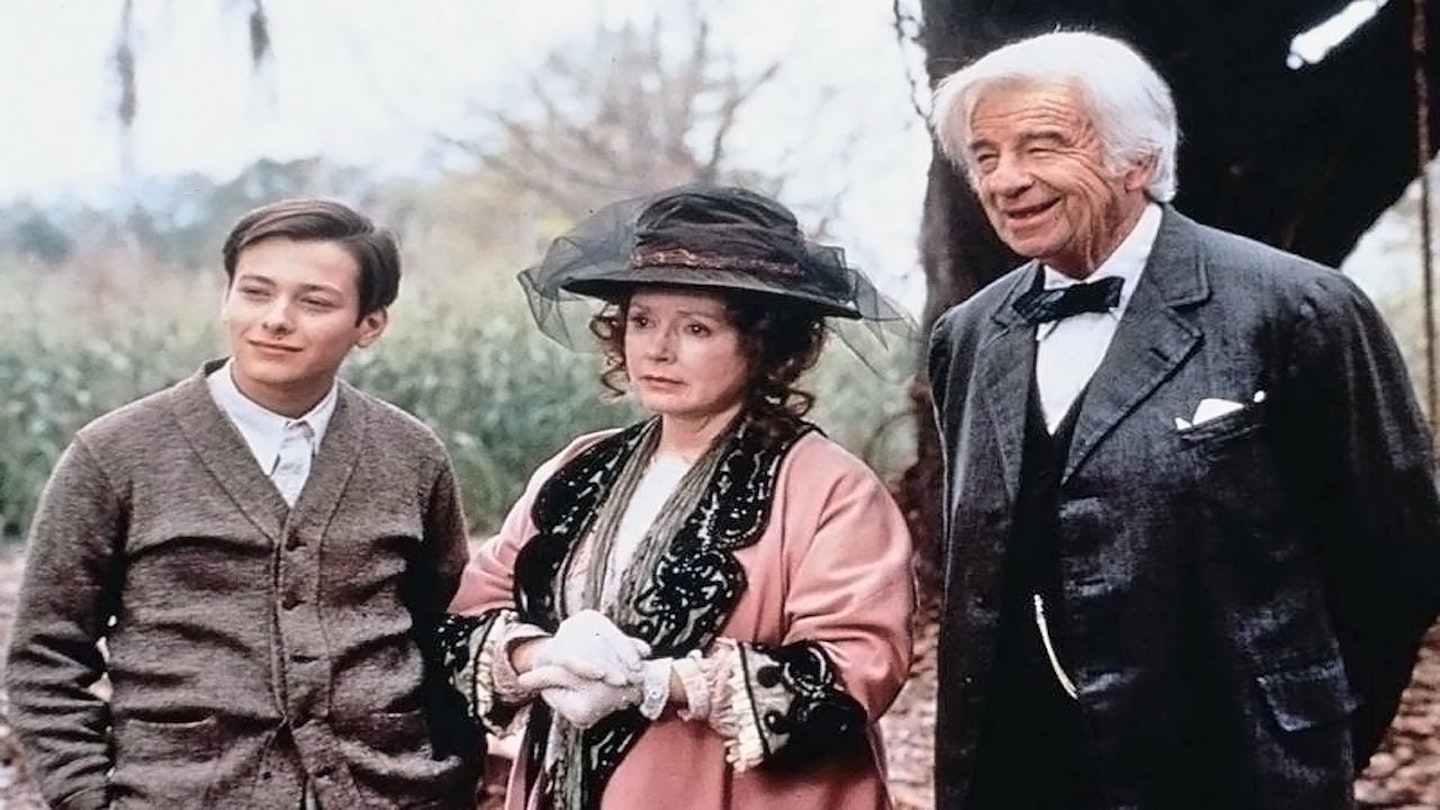Lyrical charm and an all-star cast are the hallmarks of Matthau junior's thoughtful adaptation of Truman Capote's story, a tale steeped in tragic loss tempered with a wit that engages and meanders to almost equal effect.
Seen through the eyes of Colin Fenwick (Edward Furlong), an orphan adopted by his spinster aunts Verena (Spacek) and Dolly (Laurie), The Grass Harp tells of his love for the latter, the very definition of a free spirit, and the emotional redemption of the former, an emotionless, business-led old maid. Verena's attempt to usurp her sister's dropsy cure-all, leads to Dolly, Colin and their maid taking refuge in a tree, causing conservative sister Verena and therefore the rest of the town to start raising some serious objections.
Capote's story is in many ways a heartfelt elegy and director Matthau is more than competent at exposing the emotion of the piece. In this he is aided by some splendid performances. Laurie is perfect as the spirited Dolly, Spacek makes the ideal hard-faced matron, while the likes of Charles Durning and Mary Steenburgen offer more than competent support. Roddy McDowall, as the camp barber, all but steals the show but that honour ultimately goes to the two warhorses of Lemmon and Matthau senior; they only share one scene together and, naturally enough, it's a definitive moment.
The film ultimately falls down on the uninspired turn from Furlong, whose character is primarily an observer and consequently by no means involving. His approach to the events tends to drift all over the shop leaving a film that is heavy on Southern charm and Patrick Williams' evocative score, but light on direct purpose. The ending, when it finally comes, is definitely a reel too late.
